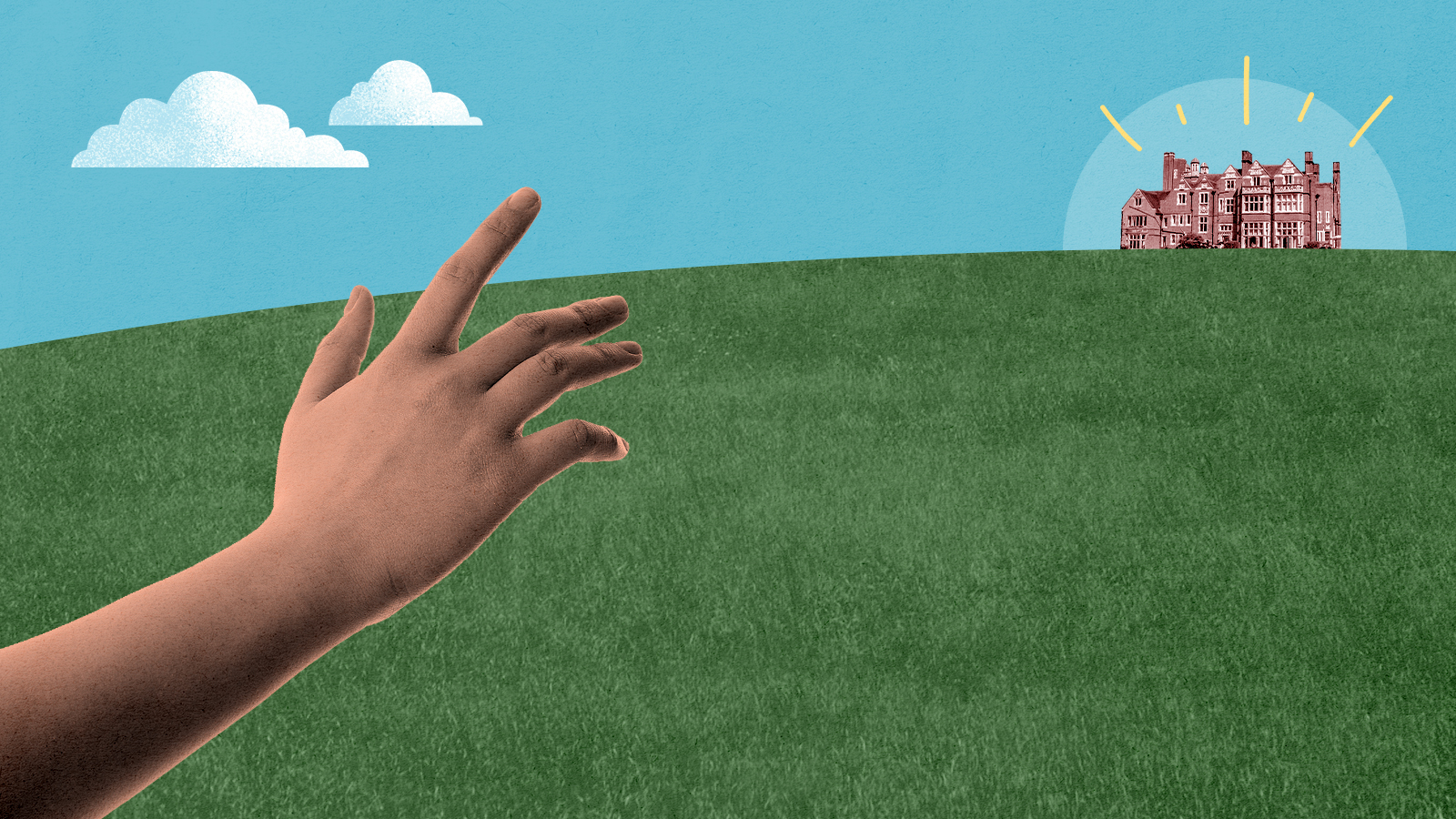Exclusive colleges keep getting more exclusive. So what?


A free daily email with the biggest news stories of the day – and the best features from TheWeek.com
You are now subscribed
Your newsletter sign-up was successful
It's getting scary out there if you're a parent hoping that your children will gain admission to a top university. With applications swollen by pandemic deferrals, ever-more intense efforts to enroll Black and Latino students, relaxed standardized testing requirements, and a backlash against the seamy side of the admissions game, it's harder than ever to get into Yale.
That's causing a minor panic at elite private high schools. It's been a long time since the nation's most famous universities drew primarily from the New England "St. Grottlesex" set. Around the country, though, expensive schools justify their enormous charges with an implied promise, if not outright guarantee that their graduates will be accepted by a "good" college. Even if Yale doesn't work out, Tufts is supposed to be a safe bet.
The problem is that the math doesn't work. Most high-ranking institutions have somewhat increased their class sizes over the last few decades. But the growth has been far slower than the growth of the admission pool, which is now international as well as national. More students are applying for an only slightly larger number of seats.
The Week
Escape your echo chamber. Get the facts behind the news, plus analysis from multiple perspectives.

Sign up for The Week's Free Newsletters
From our morning news briefing to a weekly Good News Newsletter, get the best of The Week delivered directly to your inbox.
From our morning news briefing to a weekly Good News Newsletter, get the best of The Week delivered directly to your inbox.
Looking at the total number of students that enroll each year is misleading, moreover. It's an open secret many of those seats are reserved for athletes in a proliferating variety of sports, donor or public relations prospects, various kinds of diversity, and the children of faculty or staff. At the most selective schools, the number of seats open to "regular" applicants may only be around half of the actual class. Those rejected by the top get pushed down a rung in the academic hierarchy, tightening competition even at what were previously considered safety schools.
None of these conditions are an obstacle to the truly rich or well-connected. But the crunch is on for the upper middle class, who can afford expensive enrichment, admissions consultants, and private schools but aren't in a position to endow a chair. In higher education, like the rest of the economy, a dollar just doesn't buy as much as it used to.
There's no cure for status anxiety, which is the real cause of college madness. But disappointed parents might take some comfort in knowing how little your alma mater really matters — especially for students from already affluent and well-educated families. There are locations and fields where academic pedigree matters — especially the East Coast culture industry, where informal hiring for low- or no-pay positions remains common. For most jobs and in most places, though, it's an afterthought.
Ambition is natural and parents sincerely want the best for their children. So it's okay to be disappointed that your kid probably isn't going to Yale. The good news is that she'll be fine. And so will you.
A free daily email with the biggest news stories of the day – and the best features from TheWeek.com
Samuel Goldman is a national correspondent at TheWeek.com. He is also an associate professor of political science at George Washington University, where he is executive director of the John L. Loeb, Jr. Institute for Religious Freedom and director of the Politics & Values Program. He received his Ph.D. from Harvard and was a postdoctoral fellow in Religion, Ethics, & Politics at Princeton University. His books include God's Country: Christian Zionism in America (University of Pennsylvania Press, 2018) and After Nationalism (University of Pennsylvania Press, 2021). In addition to academic research, Goldman's writing has appeared in The New York Times, The Wall Street Journal, and many other publications.
